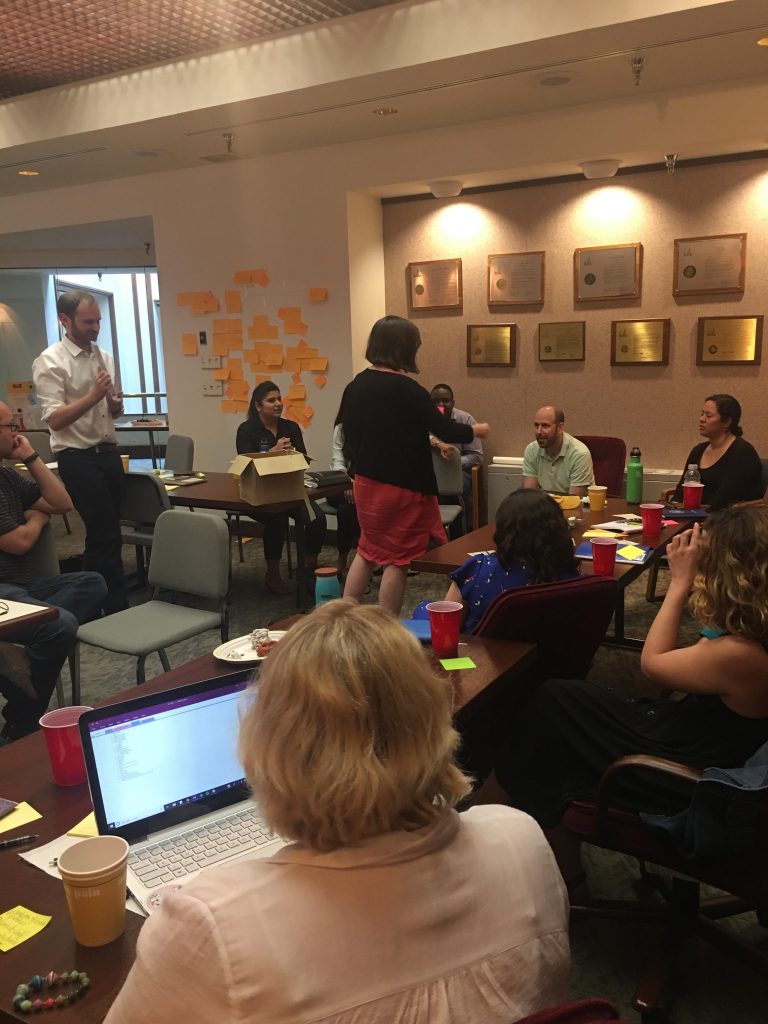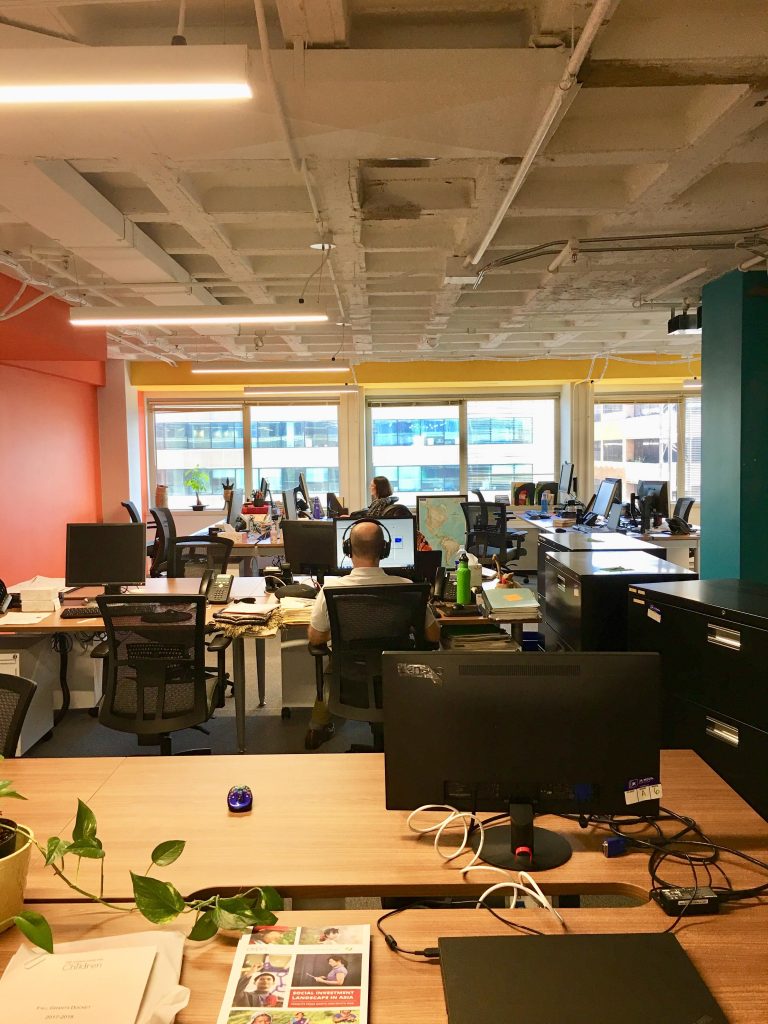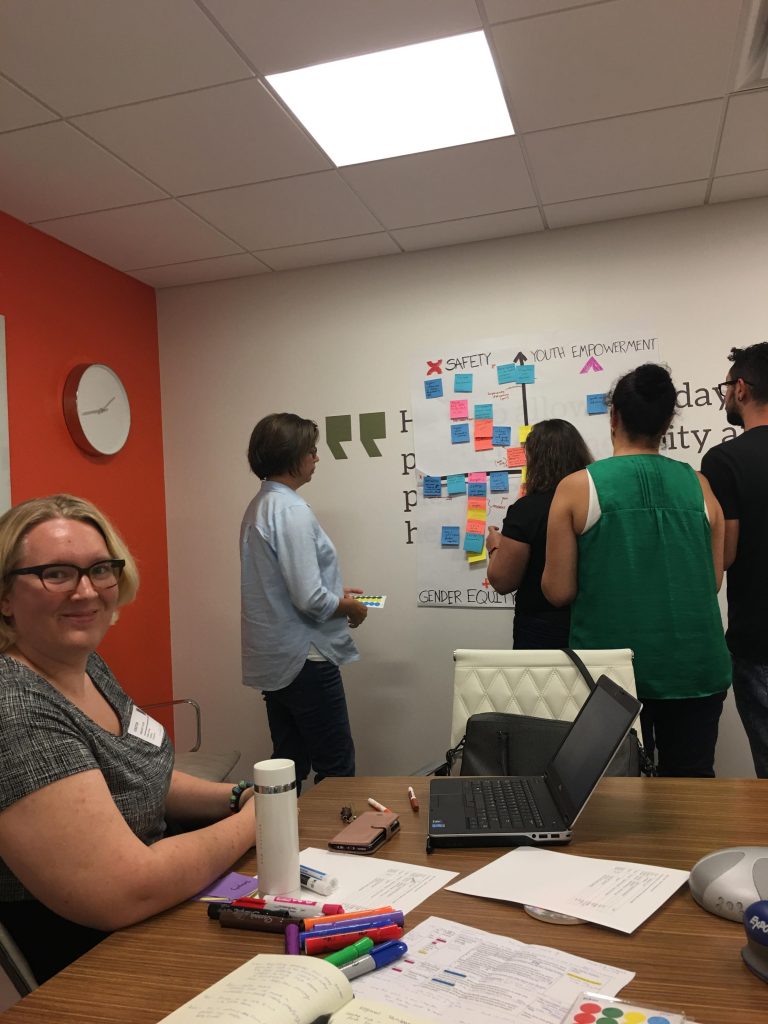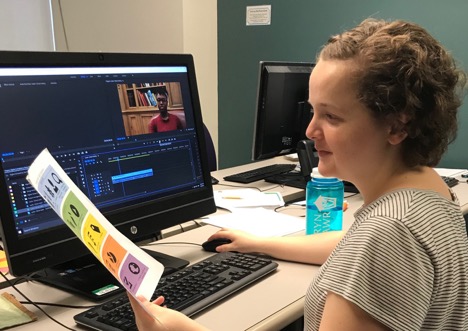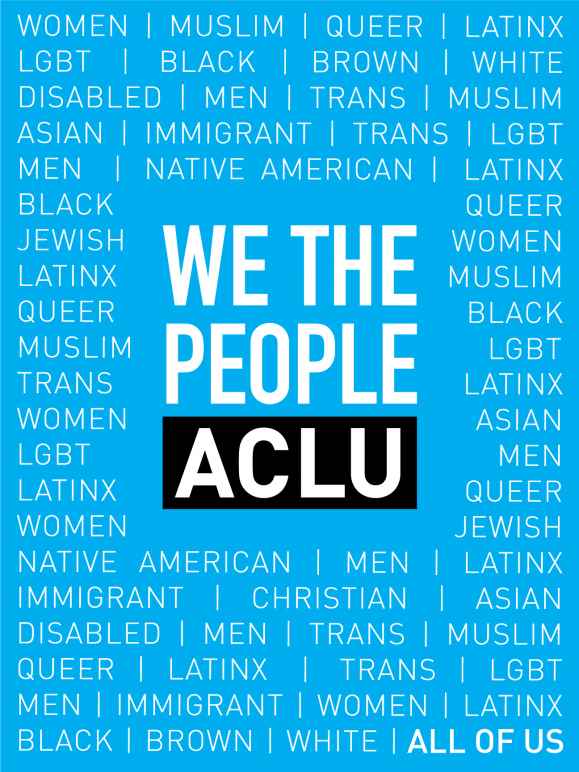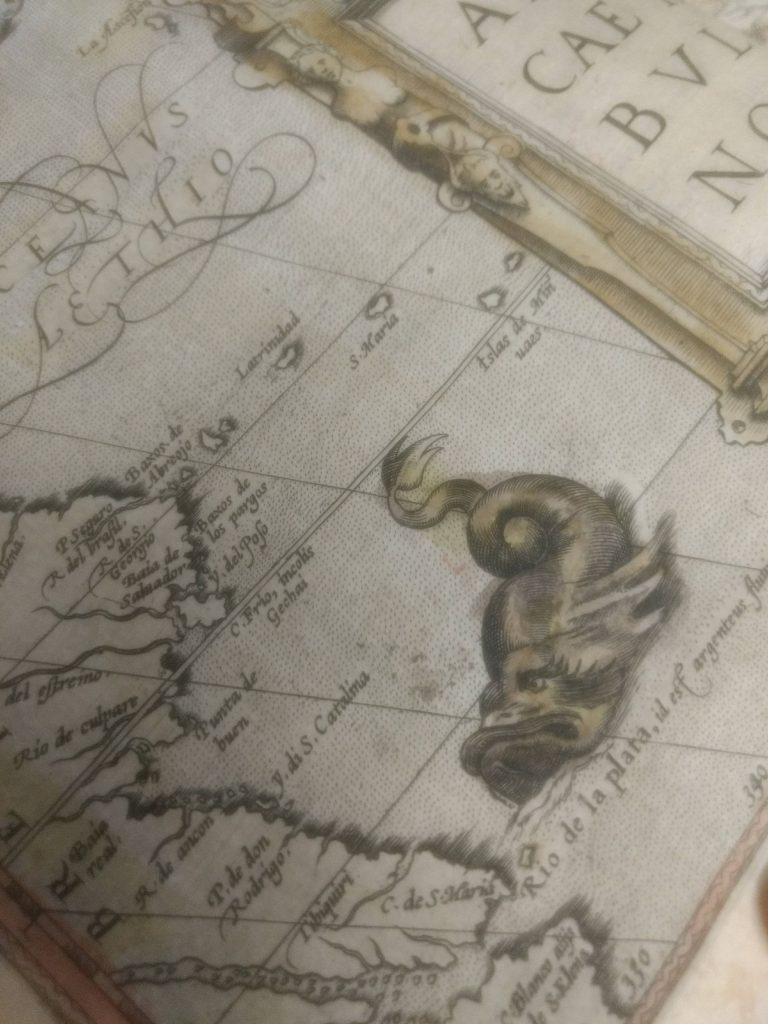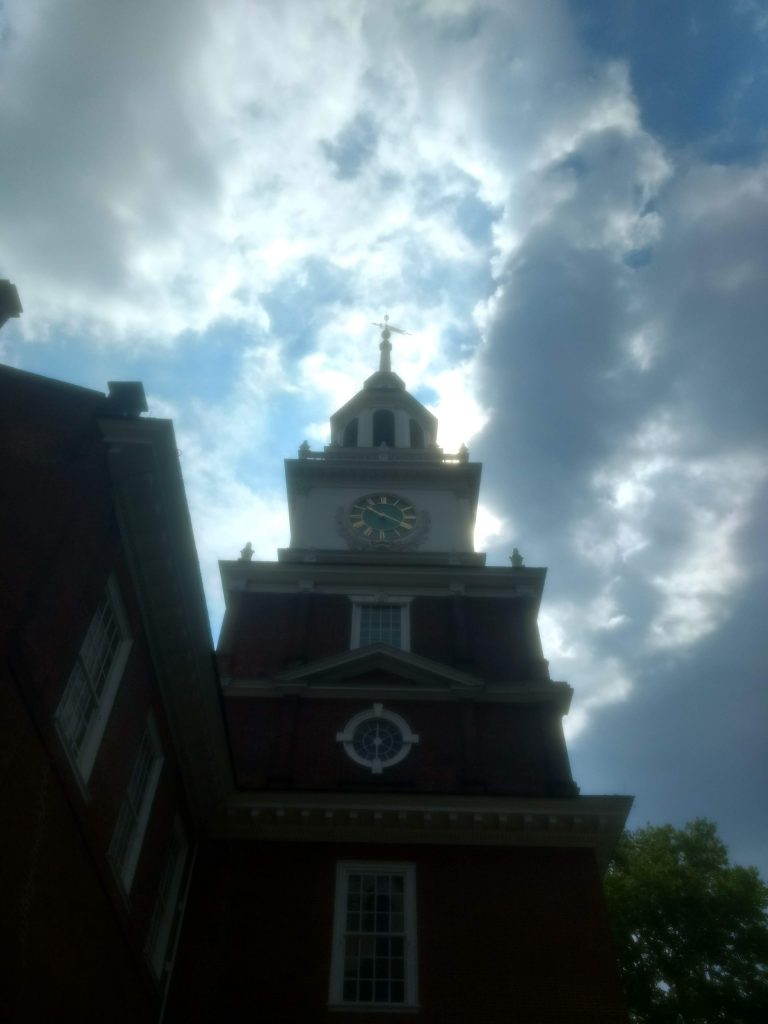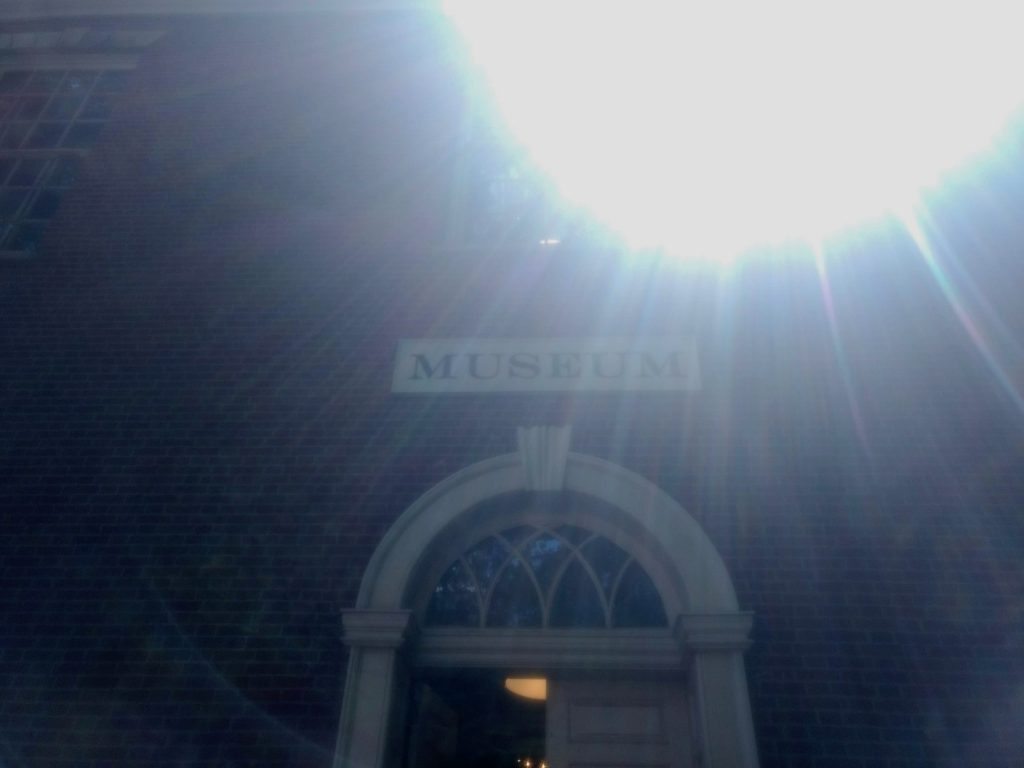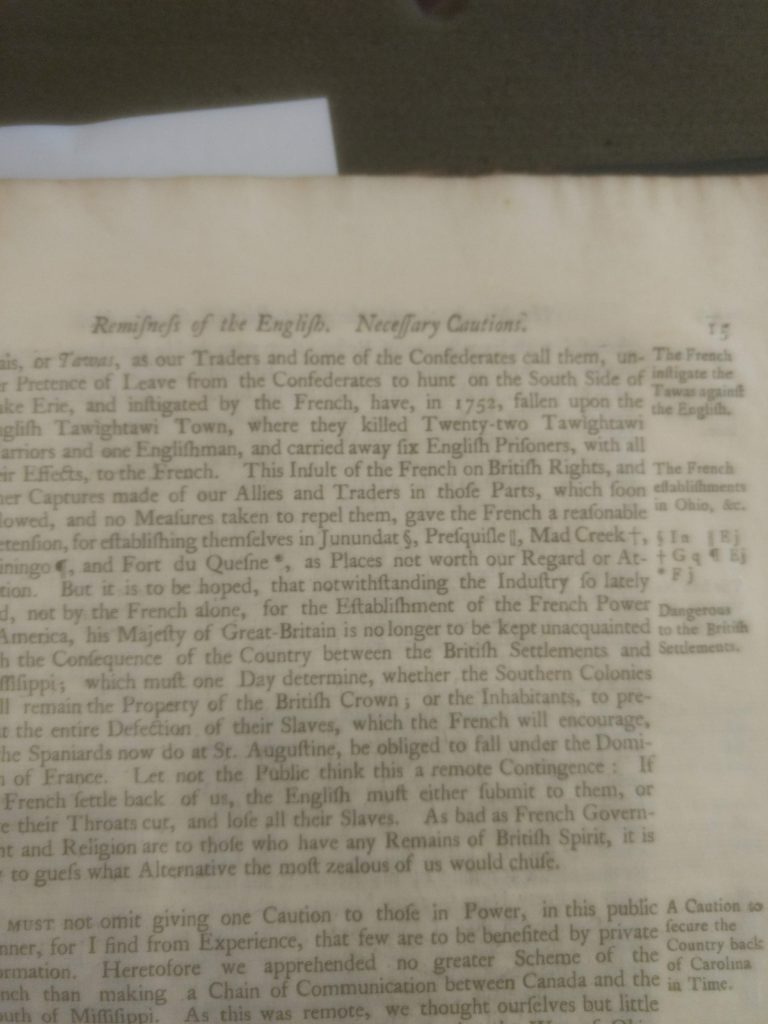Name: Guanhua Li
Class Year: 2020
Major: Sociology
Hometown: Brooklyn, N.Y.
Internship Placement: NGO Good Neighbors International – Chile
Job Title: Research Assistant
Location: Santiago, Chile
Why did you apply for this internship?
I became interested in volunteering at an international NGO after taking “The Logic and Politics of Global Health” course at Haverford as part of my Bi-Co Health Studies minor. I wanted to work in an NGO that focuses on children advocacy, takes an interdisciplinary approach, and uses community-based engagement intervention. Good Neighbors Chile promotes child equity by working with economically disadvantaged and indigenous communities. My role as an intern would allow me to analyze social environments and issues of inequality — themes we often learn about at Bryn Mawr. I would also have the opportunity to learn how NGOs function abroad and provide services to address sociological disparities.
What’s happening at your internship?
I have been involved in several ongoing projects. The first one is to improve Good Neighbors’ social media platforms. I select potential photos for campaigns, website, Facebook, and Twitter. I am researching social media trends in Chile for new suggestions to increase likes, comments, and followers. Some plans include integrating WhatsApp (Chile’s most popular platform) to directly communicate with donors and establishing a more user-friendly online donation page. The second project is helping Good Neighbors transition to using a new business platform called Salesforce. Until now, most donors’ data were kept on paper. Having an Excel spreadsheet database will make it easier to keep track of donor continuity and improve financial management. The third project is to translate children’s letters from Spanish to English. Since most sponsors are international, English is used as the main language of communication before it is further translated to other languages.
What has been your favorite part of this internship?
My favorite part is visiting children in Pudahuel to assist with the letter writing process. Whenever I visit Sun’s School, I always feel energized from interacting with the local community. The visits give me an opportunity to connect faces with the letters I have been translating in the office. I enjoy visiting classrooms from second to sixth grade students, seeing the beautiful pictures they draw, and reading the paragraphs they write about their family, friends, pets, and sports. In addition, I enjoy how easy it is to have conversations in Spanish because children are very receptive and curious. They are always asking us about differences between Chile and the United States.
Living in a new city? What has that experience been like for you?
My internship program is through IES Abroad in Santiago, Chile. We work at our internship sites during the day and take seminar and Spanish classes at night. On the weekends, we attend class field trips and explore Chile with friends. IES has done a terrific job matching us with host families. My host mom Sofia is super kind and her dog Leon is the sweetest. He always greets me by the door whenever I arrive home and by the balcony whenever I leave for work. My neighborhood Providencia is tranquil and only 15 minutes away from downtown. Aside from loving the scenic mountains in the background, I am visiting parks and climbing hills such as San Cristóbal and Santa Lucía. Another personal favorite is visiting the Feria Artesanal (hands craft markets) with my friends to see the beautiful artwork. Museums are usually free admission and the Costañera and MallPlazas provide convenient shopping in one central area. Most of all, I value the opportunity to practice Spanish and become more confident using it in everyday situations.
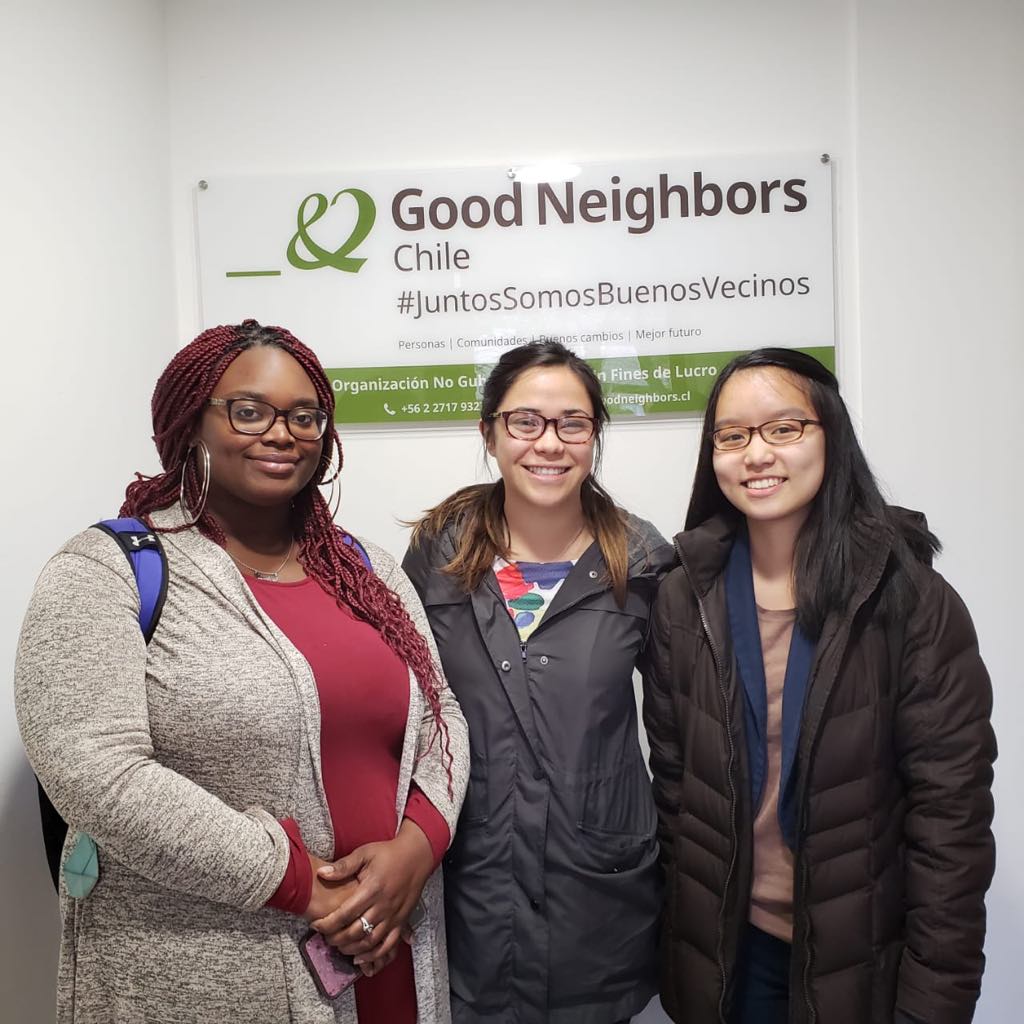
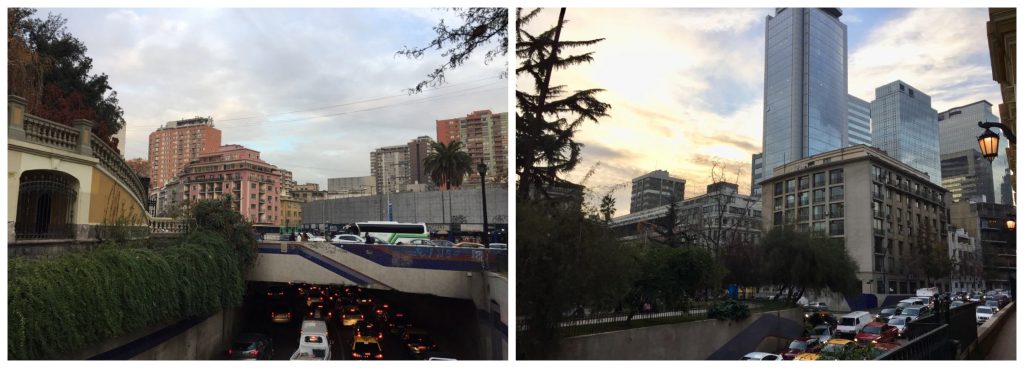
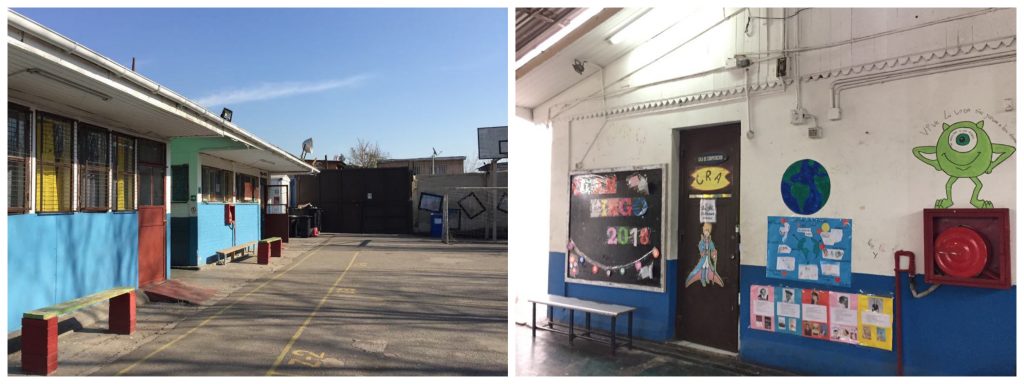

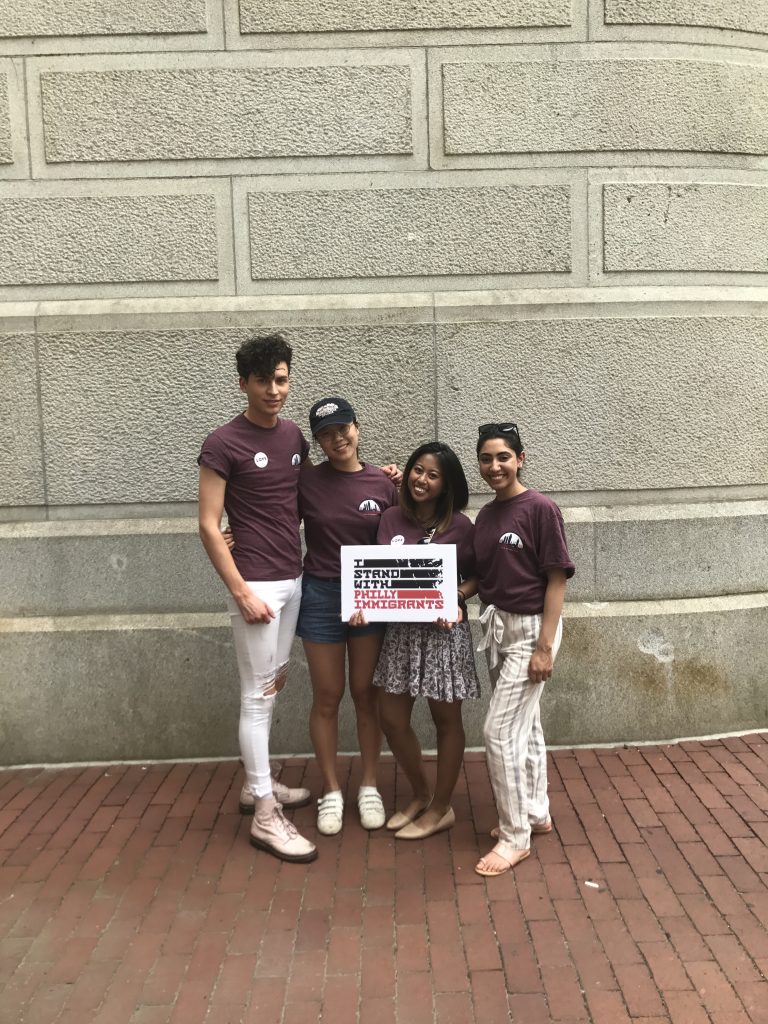
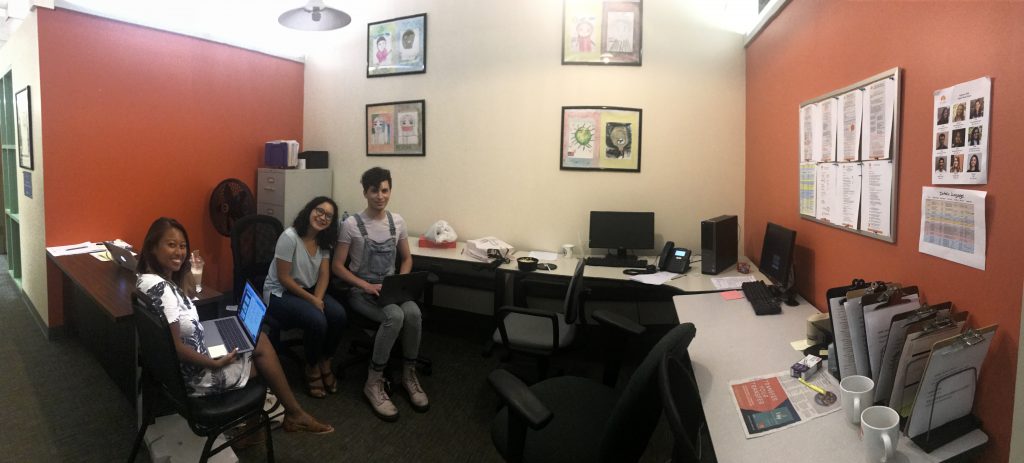
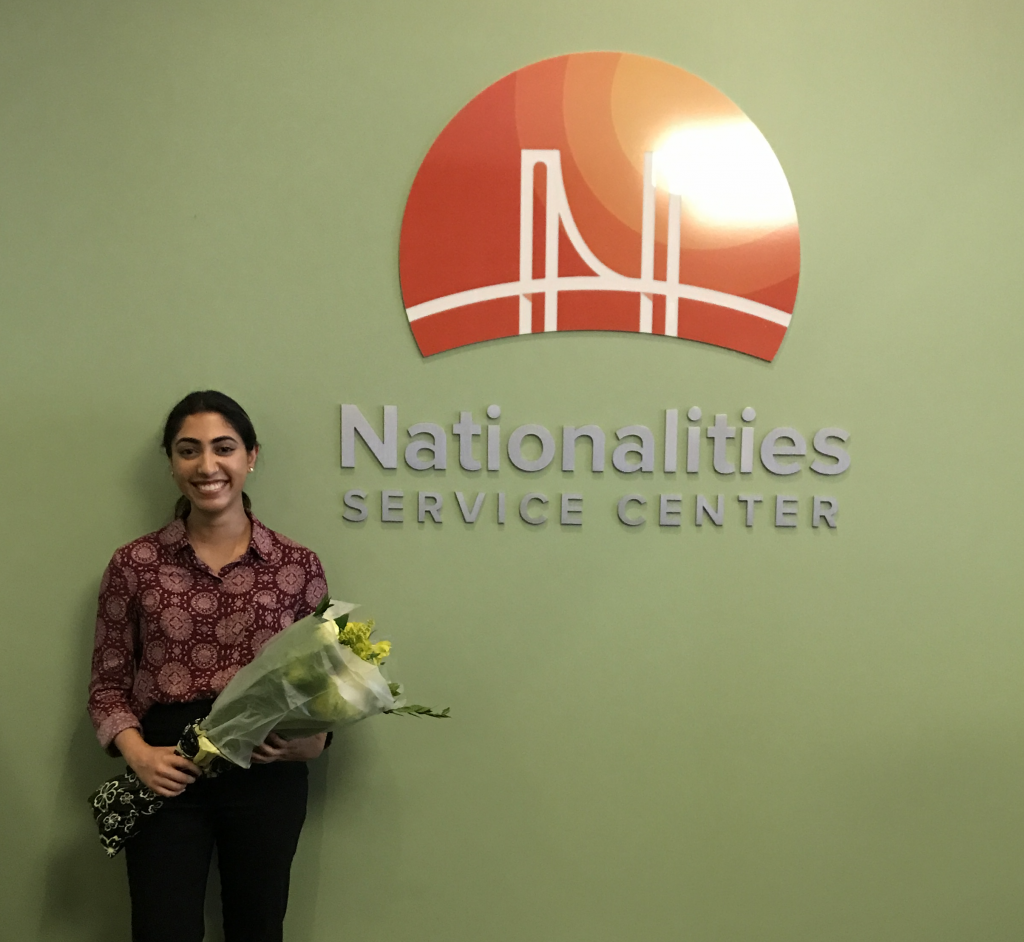
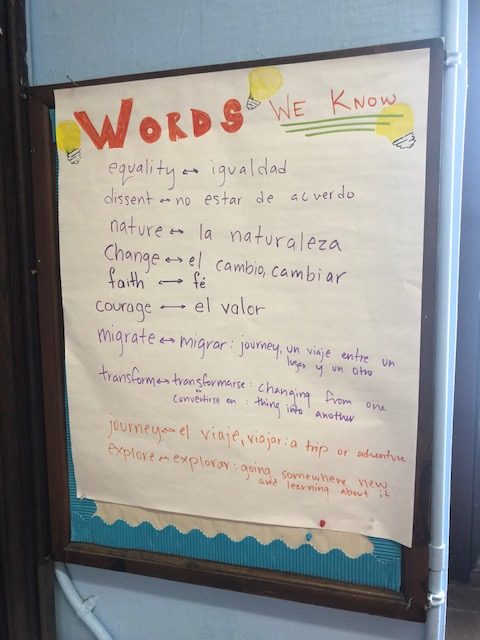
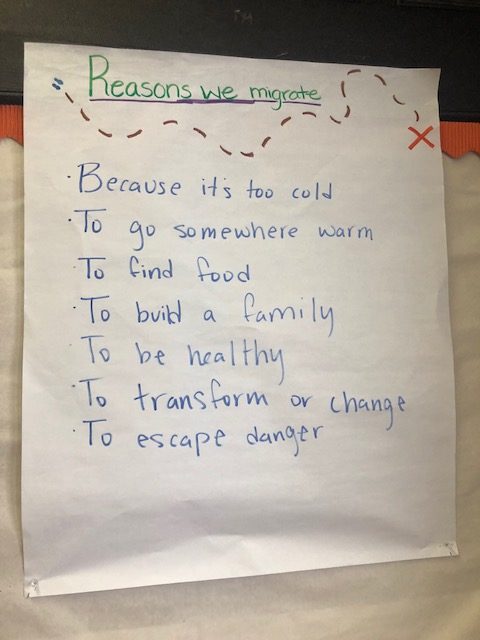
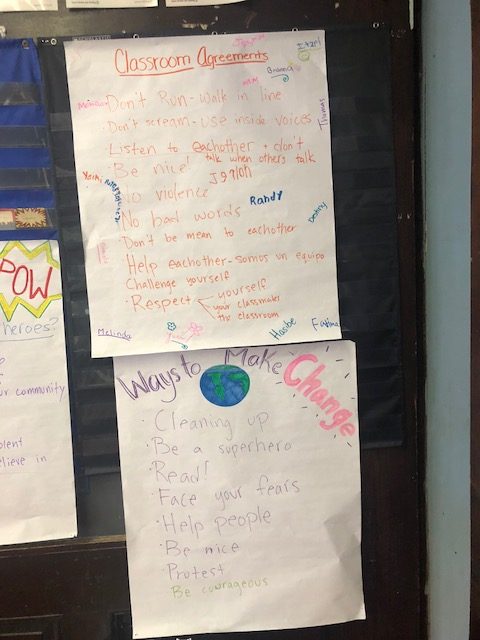
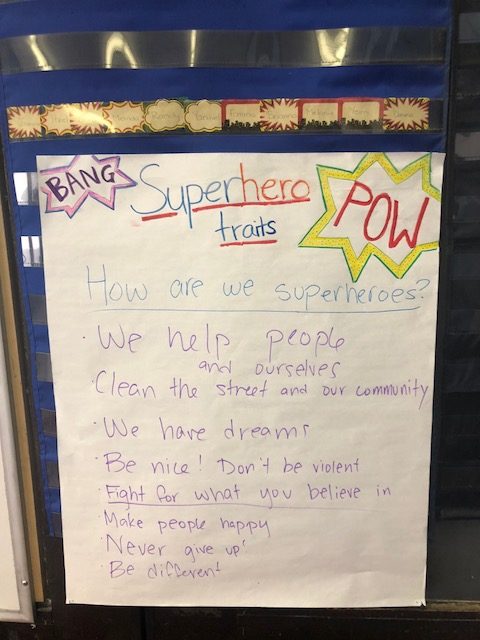




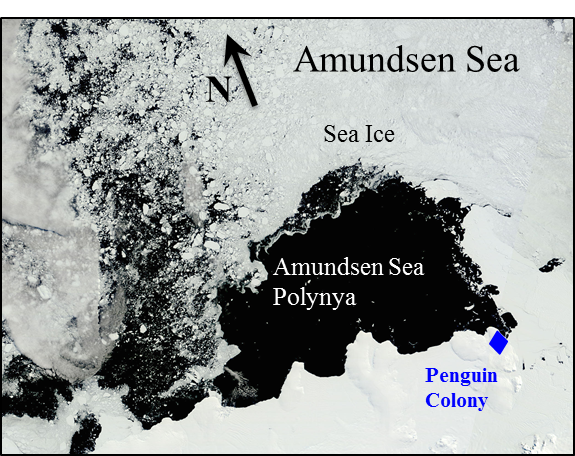
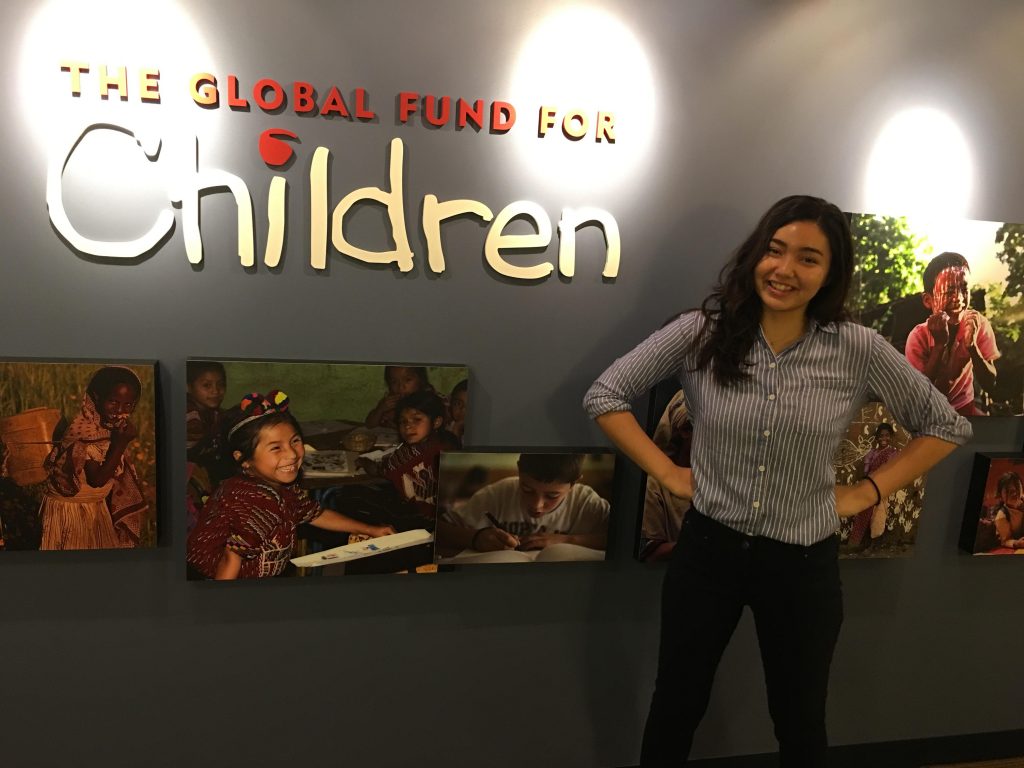 What’s happening at your internship?
What’s happening at your internship?